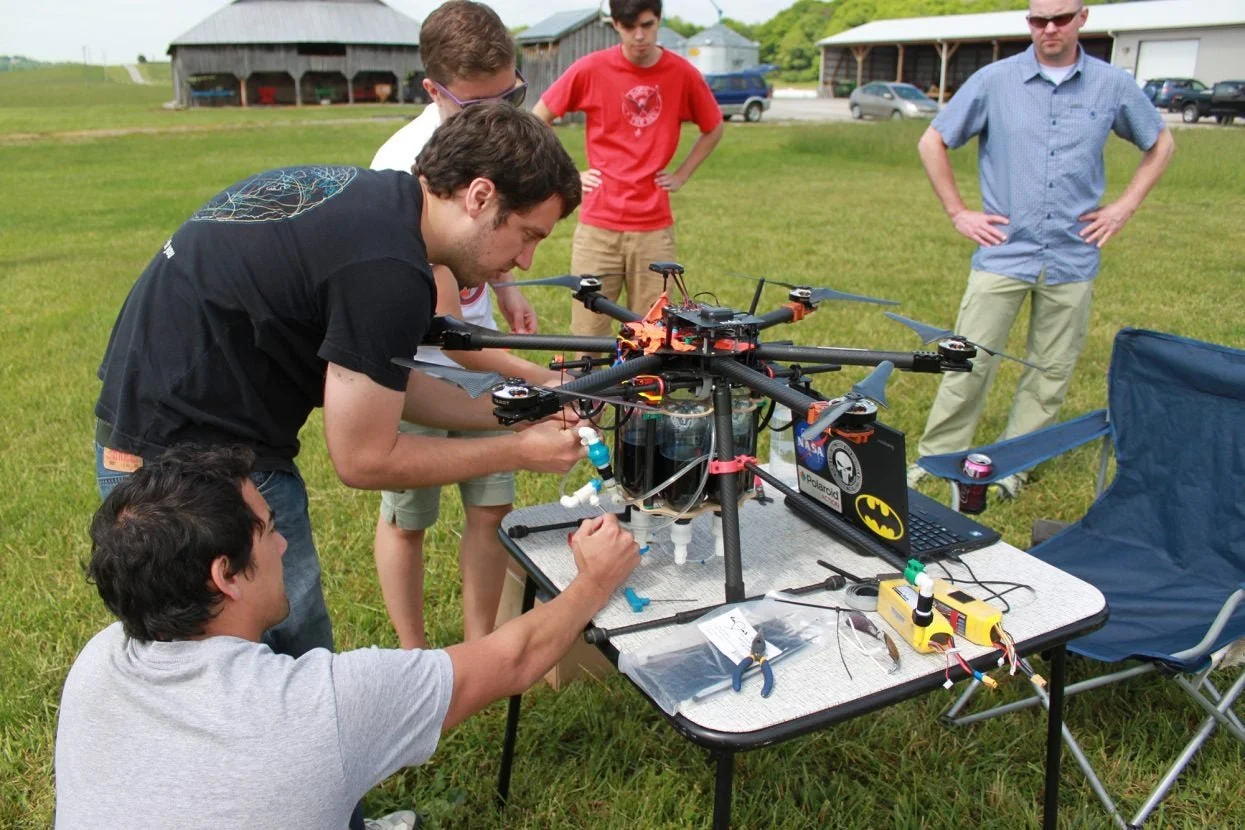The practicality of an agriculture degree in today’s landscape
Image courtesy of Virginia Tech
By Brianna Scott, Published December 7, 2023
Excerpt - “In the early 2010s students and parents alike agreed that higher education had value and positively impacted the country. A college degree meant higher earning potential for graduates.
But that’s not automatically true anymore. And I’ve been wondering how true that is in agriculture.
Higher education in agriculture is certainly not without positives. The reality is that the majority of research in agricultural originates from universities. Innovation and technological advances come out of all the research, and, most certainly, that benefits production. With the number of farmers actively dwindling due to aging producers retiring and not having a succession plan (which is less from lack of planning and more from not having a family member to pass the farm down to), technological advances are the reason this nation is able to leverage efficiency and still provide enough food to feed its inhabitants. This kind of scaled production is a direct result of agtech helping to improve soil fertility, have better machinery for seeding and harvesting, and implement tools for water quality, among so much more.
But these kinds of advancements only help farmers who are currently farmers. Those with practical knowledge of, and experience with, agricultural production. What about the person who has no agricultural background but wants to farm? Where do they get their practical experience?”
Delaware Valley Farms


